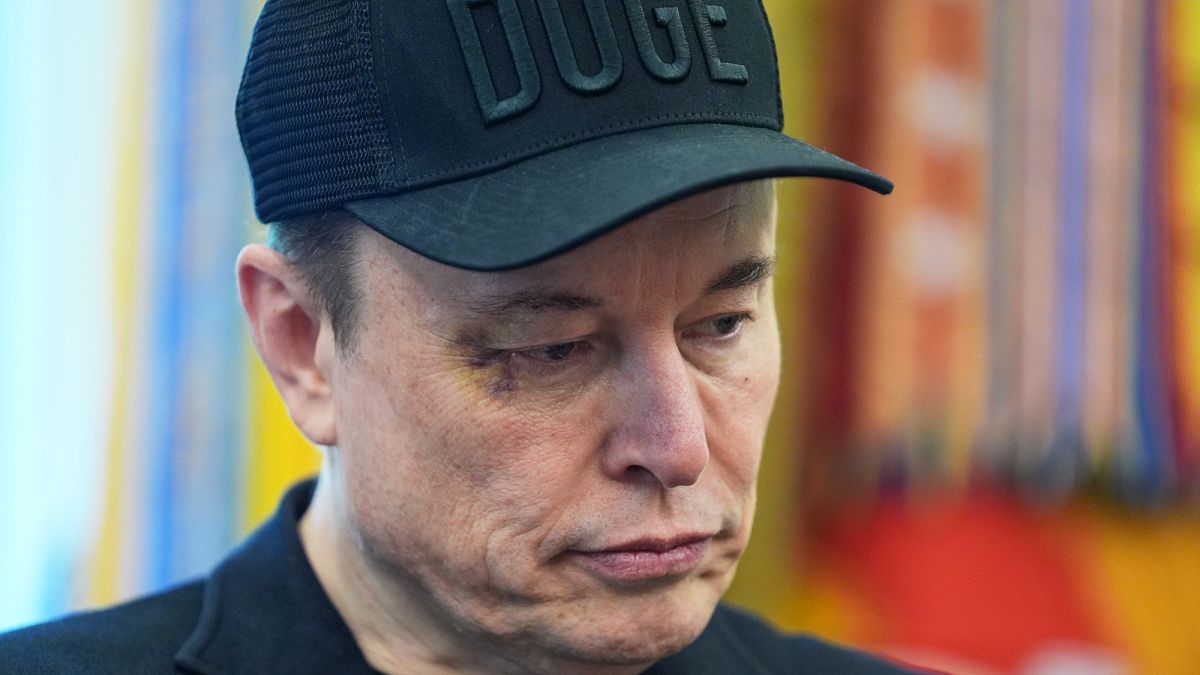

In today’s ever-evolving world of technology, nations and corporations are consistently making significant strides toward innovation and exploration. This landscape is continually shaped by both collaboration and competition, with recent developments illustrating how varied advancements are shaping the future.
In a prominent initiative, the United States Senate has approved substantial funding amounting to $10 billion for Moon missions. This decision marks a notable commitment towards space exploration, despite contrary viewpoints from influential figures such as Elon Musk, the head of SpaceX. The funding underscores the United States’ persistent goal of advancing lunar missions, a vision that aligns with NASA’s lunar exploration roadmap. The escalating focus on Moon missions reaffirms the broader ambition of using lunar expeditions as a springboard for deeper space exploration, an objective that holds national and scientific significance.
Meanwhile, Europe is poised to introduce a new regulatory framework surrounding artificial intelligence. The forthcoming Code of Practice on general-purpose AI is expected to be released ahead of a regulatory enforcement date on August 2nd. This code aims to establish a responsible and ethical approach to AI development and deployment. To facilitate seamless compliance, there is discussion of providing companies with a grace period. Such an approach is intended to balance innovation with oversight, ensuring technological advancement occurs within defined ethical boundaries, protecting both developers and consumers.
Further illustrating the global race in technological realms, a recent analysis sheds light on Europe’s position in the quantum computing domain. Europe encounters familiar challenges that have affected previous tech races, yet there’s a palpable drive within the continent to address these issues strategically. The stakes are high as quantum computing is poised to revolutionize not just industry practices but also broader scientific research. Europe’s ability to adapt and refine its strategies may define its standing in this emerging field, potentially learning from past endeavors as it navigates through these high-tech waters.
Elsewhere, a fascinating development unfolded in China, where the first fully autonomous AI robot football match was hosted in Beijing. This event, featuring four teams of humanoid robots, has captivated audiences and represents a leap forward in robotics and artificial intelligence. Although the robots exhibited challenges in maintaining balance and kicking the ball, the spectacle highlights the sophisticated capabilities and the growing influence of AI in sporting domains. Through these innovative experiments, China is demonstrating its commitment to exploring new technological landscapes, offering a glimpse into a future where autonomous robots could play a pervasive role in various aspects of life.
Together, these instances reflect a vibrant tapestry of technological progress where space exploration, ethical AI frameworks, quantum computing, and robotics interconnect to pave forward pathways. While each region and sector faces unique challenges, the collective advancements point toward a world more interconnected and enriched by technological prowess. The confluence of policies, investments, and explorations across different yet converging paths embodies humanity’s enduring quest to transcend known boundaries and unlock the full potential of technological ingenuity.
Source: {link}
